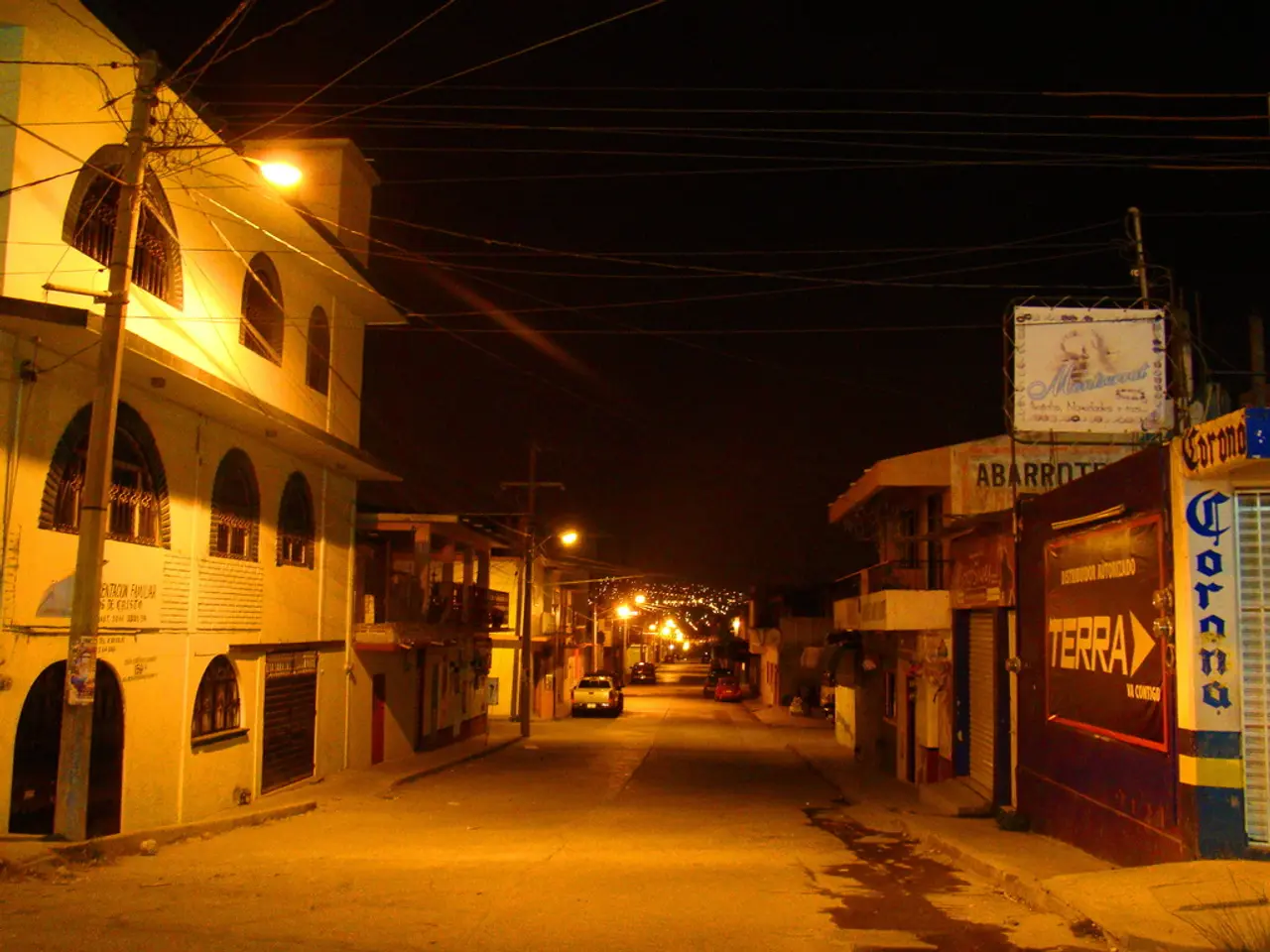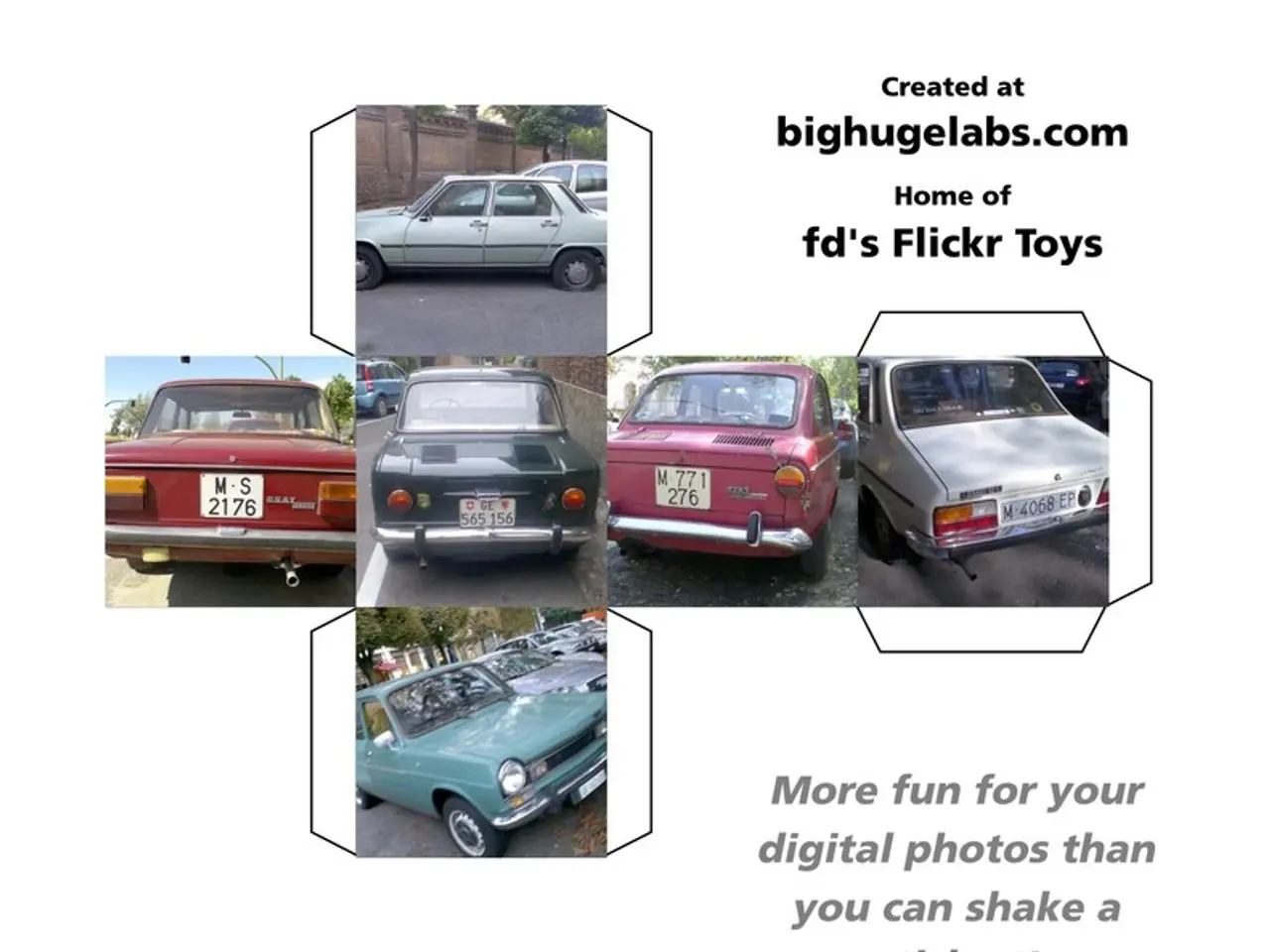Funding of R100 million for Powering Off-Grid Electric Vehicle Stations with a Zero Carbon Fee
South African startup, Zero Carbon Charge, has secured a significant investment from the Development Bank of Southern Africa (DBSA) to expand its network of solar-powered electric vehicle (EV) charging stations across the country. The R100 million ($5.6 million) investment will support the rollout of 120 off-grid charging stations, aiming for full operation by September 2025.
The initiative forms part of a larger investment that includes partnerships with government bodies and multiple stakeholders, with the ultimate goal of facilitating green technology adoption. The charging stations, designed to be off-grid and ultra-fast, will be powered entirely by renewable solar energy, positioning South Africa as a leader in sustainable transportation infrastructure.
The project is expected to stimulate economic growth by developing farm stalls and local businesses around each charging site, thereby generating local job opportunities. By supporting sustainable infrastructure, the DBSA aligns its funding with broader goals of economic development and environmental resilience, emphasising green job creation in rural and semi-rural areas.
The deployment of solar-powered EV charging stations directly supports South Africa’s transition to low-carbon transportation, reducing reliance on fossil fuels. The use of renewables for EV charging mitigates greenhouse gas emissions associated with traditional vehicle fuel sources, contributing to the country’s carbon reduction targets and net-zero ambitions.
This initiative complements government incentives such as the 150% tax incentive for electric and hydrogen vehicle manufacturers, which aims to accelerate EV adoption and clean energy infrastructure development nationwide. The expansion of Zero Carbon Charge’s network is a significant step in promoting electric mobility and renewable energy use across South Africa, aligning with national and international climate goals.
The project also serves as a model for sustainable infrastructure development in Africa, supported by partnerships with entities like Africa50 and the International Finance Corporation (IFC). Landowners who host charging stations will earn 5% of the annual electricity revenue, providing an additional incentive for participation.
Joubert Roux, Founder of Zero Carbon Charge, expressed appreciation for the DBSA’s support during the due diligence process, reiterating the startup's commitment to delivering on its mission. The DBSA's investment reaffirms its commitment to advancing sustainable and inclusive economic growth throughout Southern Africa. The charging stations, which function independently of the national grid, ensuring consistent and eco-friendly power for EV drivers, are a promising step towards a greener future for South Africa's transportation sector.
The partnership with the Development Bank of Southern Africa (DBSA) for the deployment of solar-powered EV charging stations is not only a significant step in promoting electric mobility but also a strategic move towards advancing green technology adoption in South Africa. By housing these charging stations, landowners can earn a portion of the electricity revenue, creating a sustainable means of income while contributing to the country's environmental resilience and sustainable transportation infrastructure.
In addition to financial backing, this initiative aligns with broader policy goals such as the promotion of renewable energy, job creation in rural and semi-rural areas, and the reduction of carbon emissions, all of which are essential for South Africa's transition towards a low-carbon economy and achieving its net-zero ambitions.




